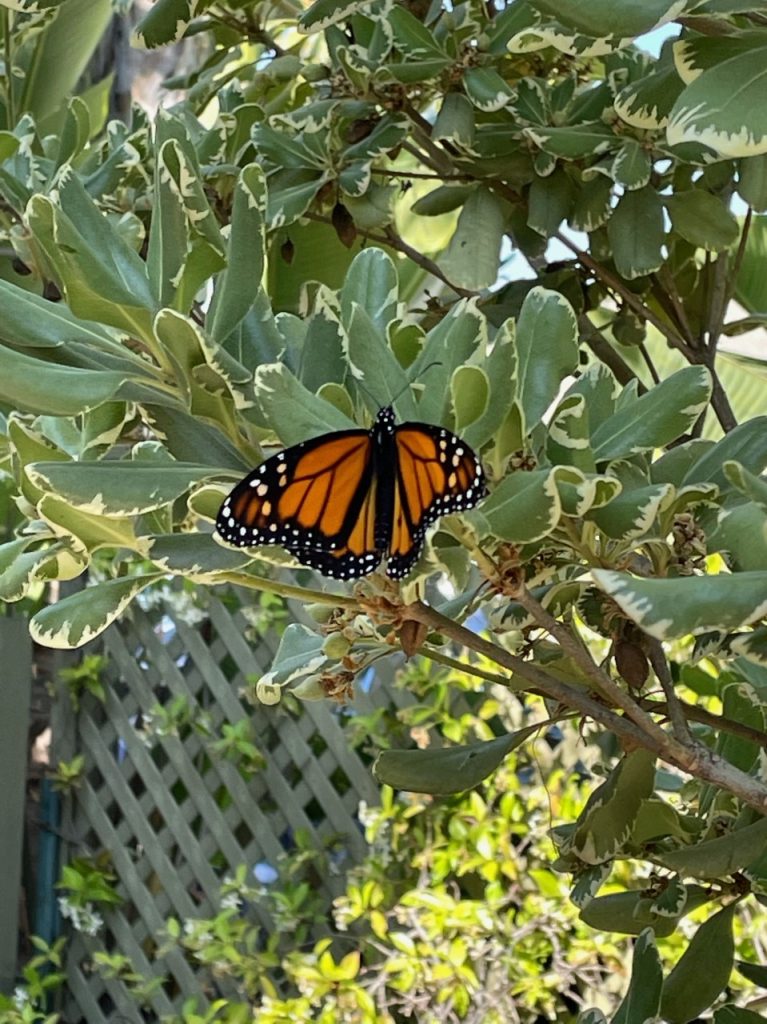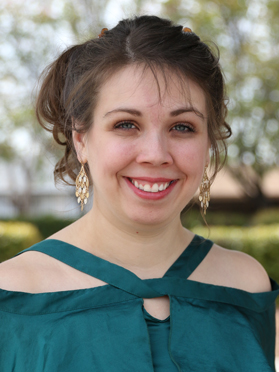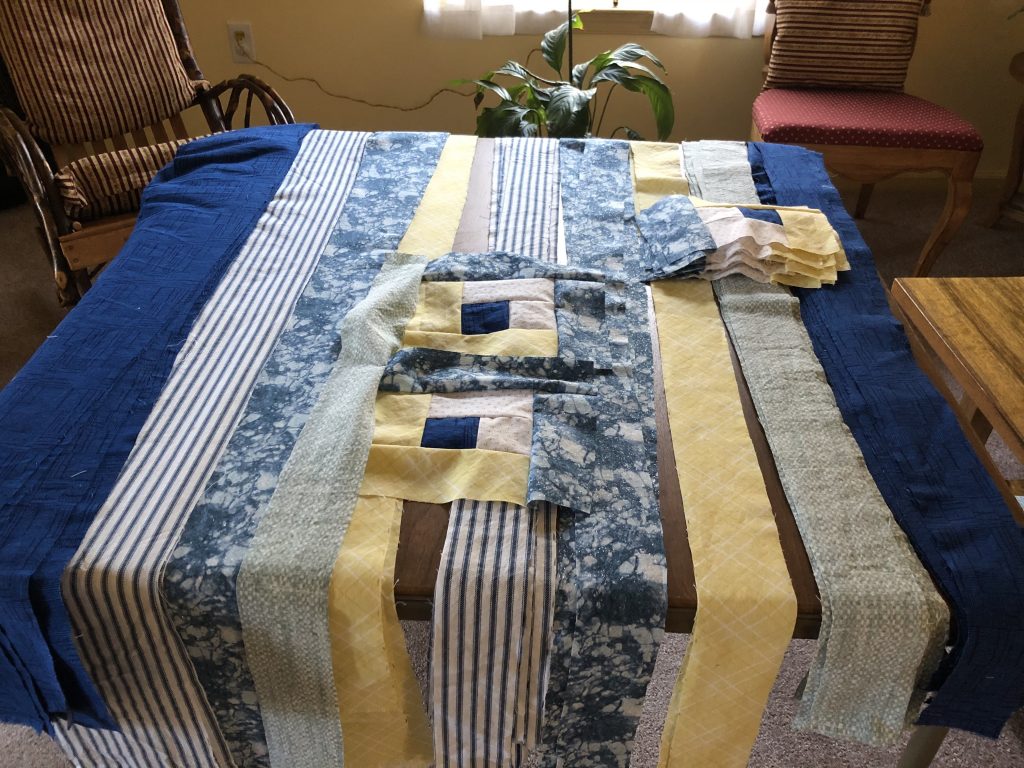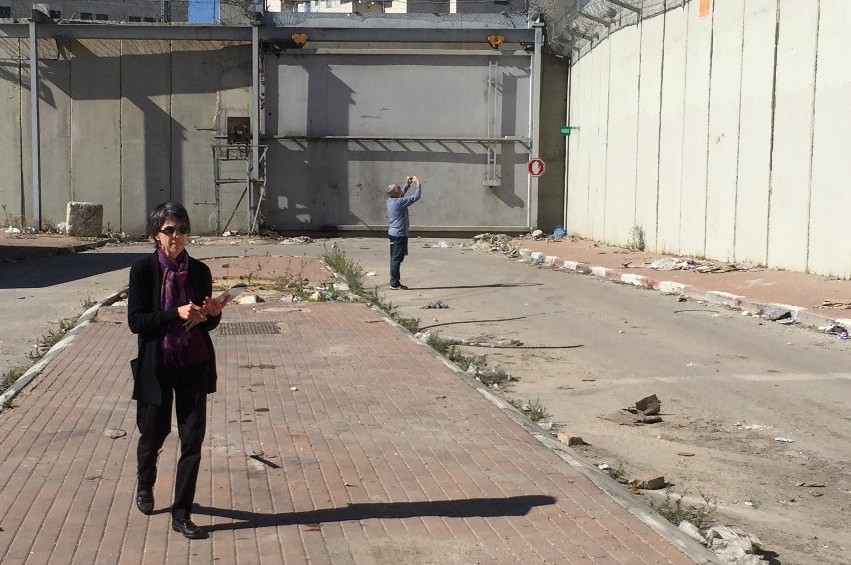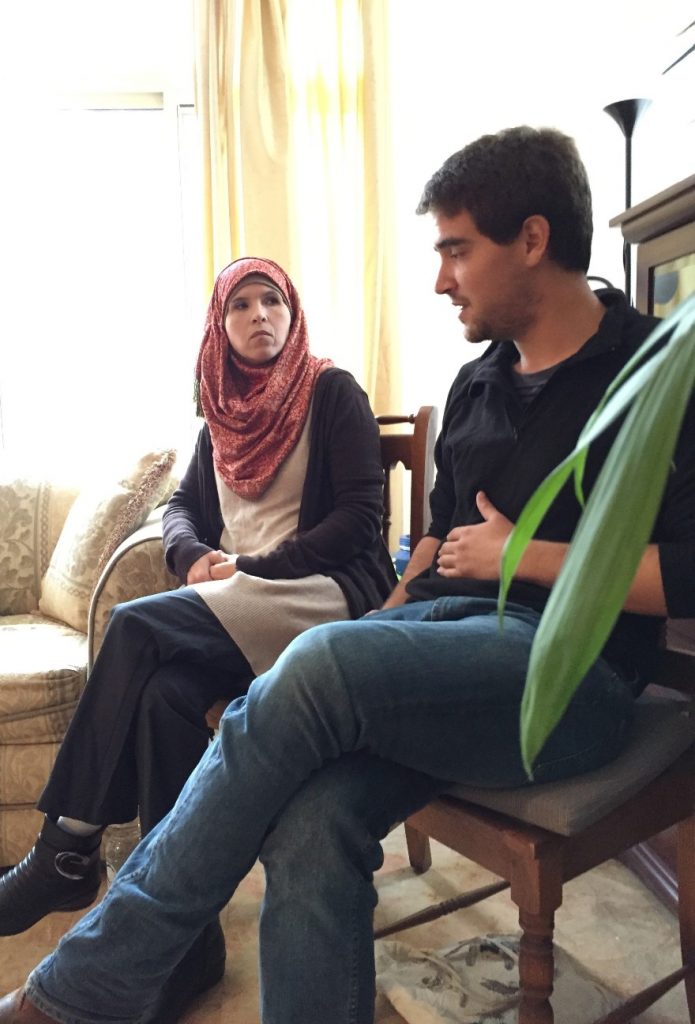What was it about Jesus that drew the little children to come running to him? Jesus said, “Let the little children come to me; do not stop them; for it is to such as these that the kingdom of God belongs. Truly I tell you, whoever does not receive the kingdom of God as a child will never enter it.” (Mark 10:14-15, NRSV)
Wayne and I spent two weeks in May with our nearly four-year-old grandson, William. William is curious, observant, and eager to learn. He is aware of his surroundings and seeks opportunities to explore and learn new things.
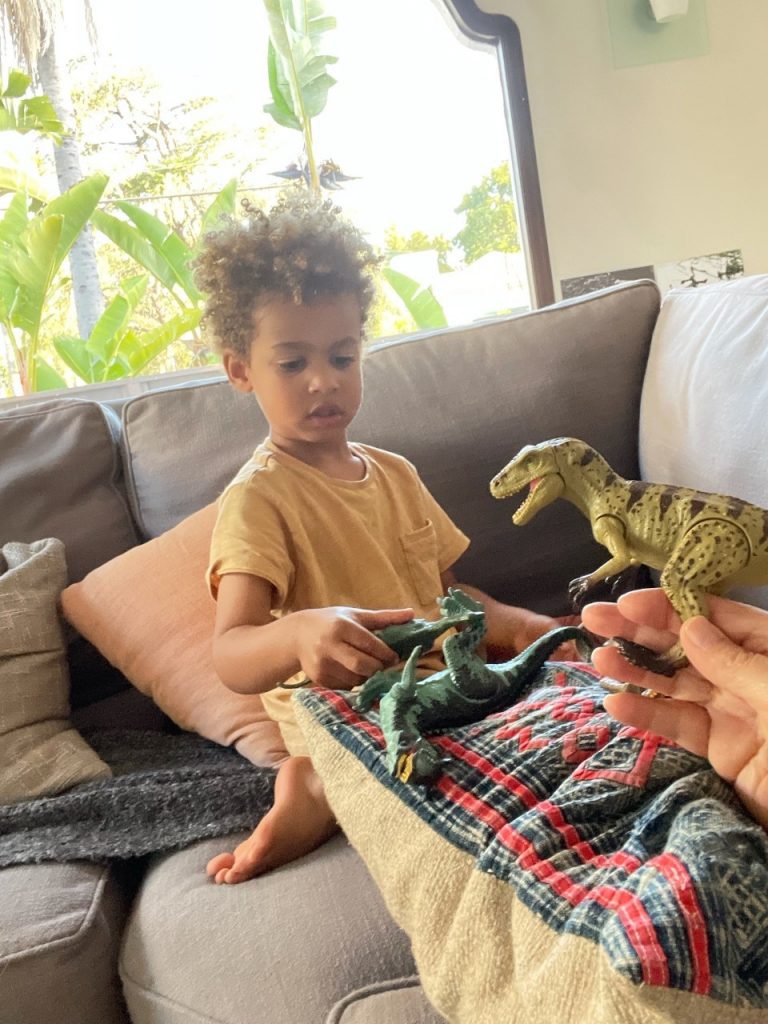
On our walks, William noticed bugs, spider webs, rocks, butterflies, squirrels, sounds, and signs. When we approached nature signs at the lagoon, he insisted we stop and read the bird or plant names on the sign (even if they were difficult to pronounce or understand).
William is all about dinosaurs. He is eager to learn all he can about different kinds of dinosaurs: how to pronounce their complicated names, what kind of food they ate, when they lived on earth, and special features they had. His delight in observing and learning is contagious. I could imagine him running to Jesus, sitting beside him, and listening to what he had to say.
William’s curiosity and excitement for learning inspired me. I began noticing spider webs, butterflies, sounds, and rocks on our walks. I enjoyed watching the hummingbird sitting in her nest in a tree outside the window. I was eager to learn more about dinosaurs and even how to pronounce their long, complicated names!
In reading the gospels, we notice that Jesus attracted people who had little power or influence and were not always seen or heard. Jesus valued all people regardless their age, economic status, education, gender, health condition, or faith commitment. Because humans are created with a need to be accepted, loved, and belong, it’s no wonder children came running to Jesus sensing his acceptance and love for them. He saw, heard, and valued them and commanded, “Do not stop them!”
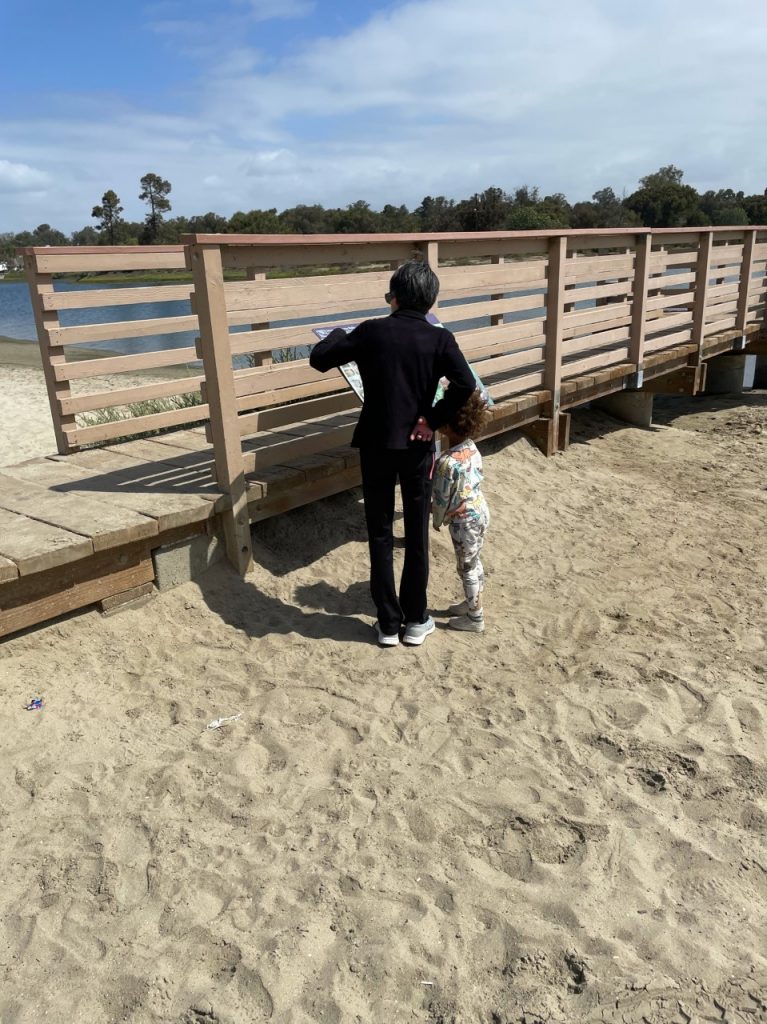
Jesus continues on this topic, saying that to experience the fullness of God’s kingdom, one needs to receive it as a child. What child-like qualities are important for receiving and experiencing the kingdom of God? In the gospels, the people responsive to relationship with Jesus were ones who were curious and eager to learn more about Jesus and what he had to say. Little children tend to be curious, observant, and eager to learn. No wonder children came running to Jesus sensing his affirmation for these qualities.
My grandson’s spirit challenged and inspired to approach my faith and understanding of Jesus in a child-like spirit of curiosity, delight, alertness, and openness — to see, notice, and hear what the Spirit is saying to me. At a season of life when knowledge of the scriptures, certainty of belief, and established spiritual practices or rituals, are well developed, I am reminded of the importance of being curious, observant, and eager to learn.
May the little children lead us in experiencing the fullness of God’s kingdom on earth. May our delight in living God’s kingdom values inspire others to come running to Jesus.
